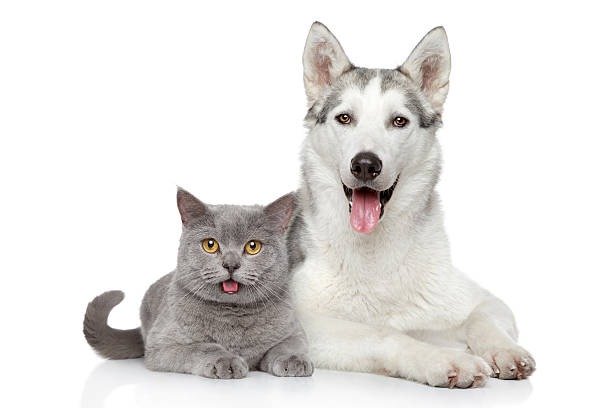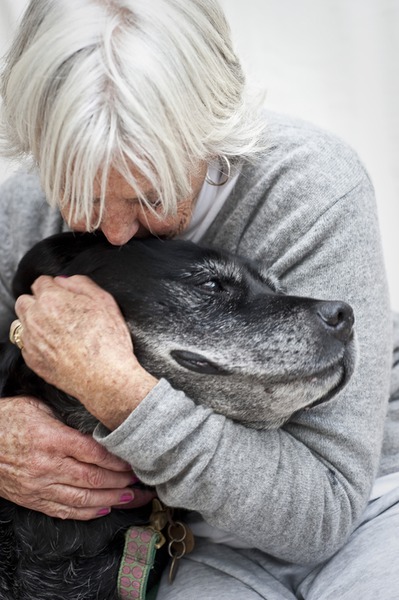If you’re a pet owner, you know that accidents and sudden health issues can happen at any moment. That’s why it’s essential to be aware of the most common emergencies that an experienced vet deals with. This knowledge could potentially save your pet’s life. Let’s dive into what these emergencies are and how they’re managed.
Top Emergencies Managed by Veterinarians
1. Ingesting Toxic Substances
One of the frequent emergencies for pets is ingesting something toxic. This could be anything from household cleaning products to certain foods like chocolate or grapes. Signs that your pet may have ingested something toxic include vomiting, drooling, lethargy, and even seizures. If you suspect your pet has consumed something harmful, contact your veterinarian immediately.
2. Severe Bleeding or Trauma
Accidents can happen, whether from a car accident or a dog fight. Severe bleeding or visible trauma is a sign that you need to rush your pet to the vet. Applying a clean cloth to the wound to control bleeding while you get to the vet can be helpful. Experienced emergency veterinarians specialize in treating these situations quickly and effectively.
3. Breathing Difficulties
Breathing issues can be alarming for any pet owner. If your pet is coughing, wheezing, or showing signs of labored breathing, this could indicate anything from an allergic reaction to a more severe condition like heart disease. Immediate veterinary attention is crucial in such cases.
4. Severe Vomiting or Diarrhea
While occasional vomiting or diarrhea may not be a reason for alarm, severe or continuous episodes can lead to dehydration and other complications. These symptoms may be signs of underlying issues like infections, poisoning, or more severe conditions.
5. Seizures or Neurological Issues
Witnessing your pet have a seizure can be scary. Seizures and other neurological issues often indicate serious underlying health problems that require immediate veterinary attention. Symptoms can include twitching, loss of consciousness, or uncontrollable shaking.
6. Difficulty Giving Birth
If your pet is pregnant and experiencing difficulty giving birth (dystocia), this is an emergency. Delays and complications can pose risks to both the mother and the offspring. Experienced emergency veterinarians are trained to handle these delicate situations and ensure the safety of both mothers and babies.
7. Severe Pain
Pets can experience severe pain for various reasons, including injuries, infections, or chronic conditions like arthritis. Signs of severe pain can include whining, limping, or changes in behavior. Immediate veterinary care is essential to diagnose and treat the cause of the pain.
8. Heatstroke
Pets, especially dogs, can overheat quickly during hot weather. Signs of heatstroke include excessive panting, drooling, weakness, and collapse. It’s vital to cool your pet down immediately and seek veterinary attention.
An experienced emergency veterinarian in Lacey, WA, often encounters these common emergencies and is well-equipped to manage them effectively. Their expertise can be the difference between a quick recovery and a prolonged illness for your beloved pet.
9. Handling Allergic Reactions
Allergic reactions can come on suddenly and may be life-threatening. Symptoms include swelling, itching, difficulty breathing, and hives. If you notice any of these signs, it’s crucial to get your pet to the vet as soon as possible.
While a vet lab and veterinary pharmacy in Lacey, WA, play an important role in pet care, emergency veterinarians handle sudden, often life-threatening issues. Knowing when to seek immediate help can make a significant difference.
10. Eye Injuries
Eye injuries can occur for a variety of reasons, including foreign objects, scratches, or infections. Signs include redness, swelling, squinting, or discharge. These injuries require immediate attention to prevent long-term damage or loss of vision.
11. Bloat (Gastric Dilatation-Volvulus)
Bloat is a severe and life-threatening condition that mainly affects large breed dogs. Symptoms include a swollen abdomen, restlessness, and unsuccessful attempts to vomit. This condition requires emergent veterinary intervention.
An experienced Lacey vet is adept at recognizing and quickly treating bloat, increasing the chances of a positive outcome for your pet.
Final Thoughts
Being aware of common pet emergencies is crucial for quick action and your pet’s well-being. Recognize signs of toxicity or severe trauma and seek immediate veterinary care. Your pet’s health should be a top priority, so keeping emergency contact details handy is essential. Having a reliable emergency veterinarian nearby provides peace of mind. Always consult your vet if you are unsure about your pet’s condition to ensure they receive prompt and appropriate care. Being prepared can make a life-saving difference in critical situations.





